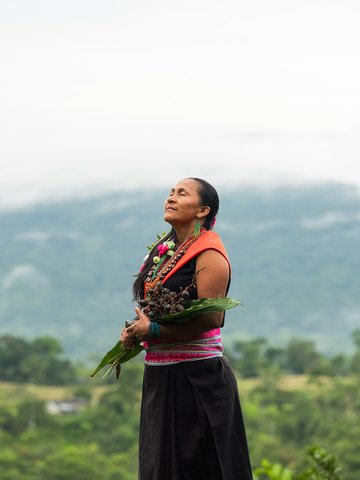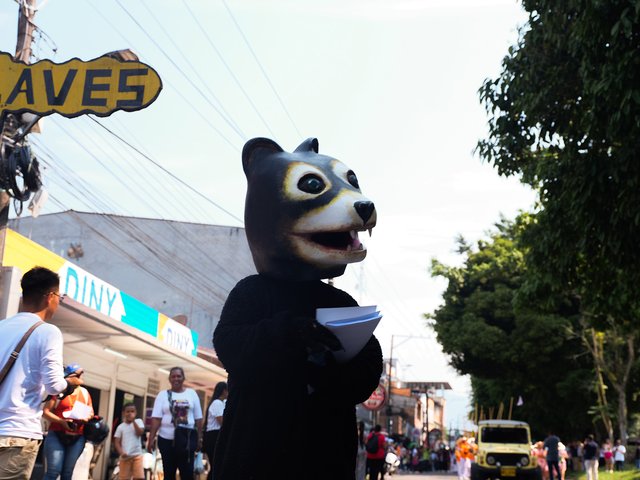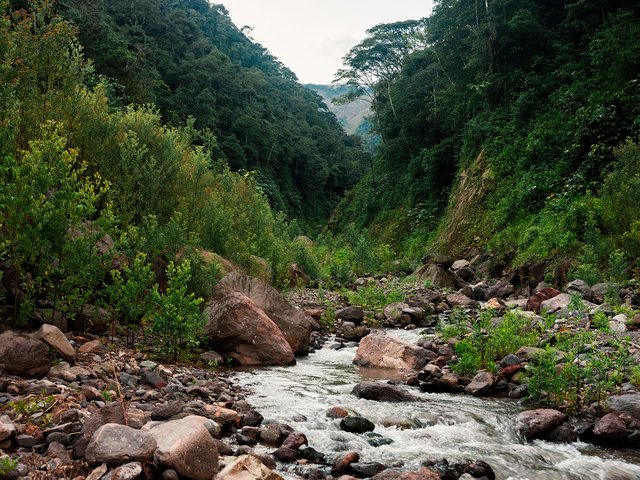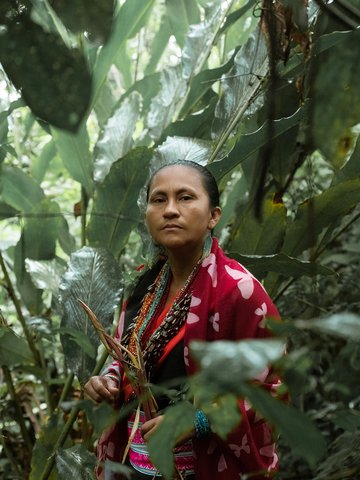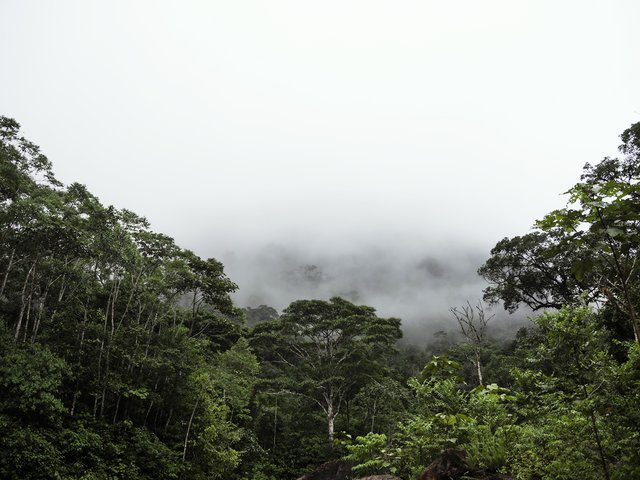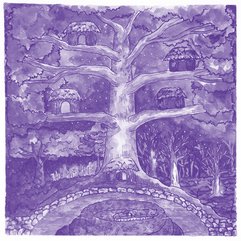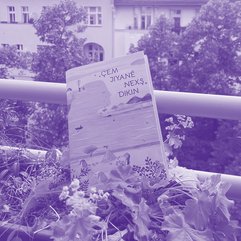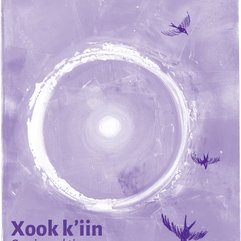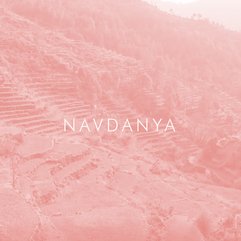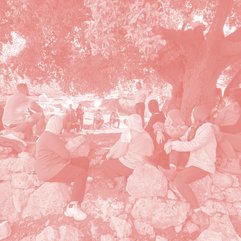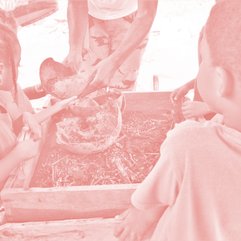Body–Territory: Extraction and Protecting Life
A workshop with Soraida Chindoy, Indigenous activist in the Andean–Amazon Region
17.00-19.30
Save the Date
for adults
in Spanish/in English/Flüsterübersetzungen

Soraida Chindoy Buesaquillo (Inga, Putumayo/Colombia) opens a space for listening, questions, and shared orientation. Soraida is an Indigenous female leader of the Inga people of Mocoa, southern Colombia, and mother of three. She is a prominent voice in the defense of sacred territory and ancestral knowledge transmitted from the womb of her mother as an Inga woman. Through educational and nonviolent movements, she promotes a vision of development grounded in reciprocity and care, and defends the Amazon as a living being.
We begin the workshop with a short harmonisation led by Soraida, drawing on the Inga tradition of song, and sound, to help us arrive together. Soraida then shares her story as a mother, educator, and community leader resisting extractive pressures in one of the most biodiverse and contested regions of the world. From morning rituals to the Carpa de Resistencia (a collective resistance tent), Soraida offers insight into how Indigenous women take responsibility in the protection of life — not only through protest, but through daily presence, education, and spiritual commitment.
She invites us to consider: Why do women so often take on this role? What does it mean to resist — and what does it cost? What forms of strength emerge from the connection with territory as a living counterpart?
In a time of growing global demand for materials like copper — especially in relation to the energy transition — her experience reminds us why informed decisions and the protection of fragile ecosystems are essential. At the same time, her voice opens a deeper question: What does it mean to live in relationship with land — not as resource, but as relative? This workshop invites embodied reflection and cross-cultural dialogue. Guided by Soraida, we explore how women defend their territories through care, connection, and community action — and how strength and resistance can emerge from sensitivity, not in spite of it. Sensitivity, often dismissed as weakness in Western frameworks, becomes here a source of clarity, presence, and power.
Participants will hear directly from her how resistance is practiced as a way of life, rooted in ancestral knowledge, collective memory, and everyday rituals. Her story provides a starting point for inner and collective exploration: What does it mean to resist? To protect? To act in alliance with life?
After this first part of listening and reflection, we transition into a participatory workshop phase with three thematic stations. Each invites a shift from understanding to relating, and from relating to imagining new pathways for action:
1. Women in Resistance
What does it mean to resist? Why do people, and particularly women, take on this role? What are the costs and the sources of strength in these struggles? Participants are invited to reflect on the idea of resistance in their own context: Where do we take a stand? What is worth protecting in our lives and environments? How do we connect emotional experience with political clarity?
2. Land as a Living Counterpart
How do we relate to the land we live on? Can land be more than a backdrop or resource, can it be a presence, a partner, a witness? This station invites participants to explore their own relationship with territory: What do we call home? What do we feel responsible for? How can Indigenous perspectives inspire new ways of belonging and care in urban or non-Indigenous settings?
3. Knowledge into Action
What can we do, individually and collectively, in response to what we’ve heard and felt? Here, we open space for creative thinking: If anything were possible, what would we create? What are small or large steps we can take — in education, art, media, legal support, or alliance-building? Participants are encouraged to reflect on what truly moves them into action, and what kind of support, structures, or relationships are needed for sustained engagement. This structure invites a balance of listening and participation, empathy, creativity and imagination. The goal is not to offer fixed answers, but to create a space where new questions, connections, and commitments can emerge — across continents, languages, and life experiences.
The workshop is open to people working as artists, researchers, educators, as well as to activists and supporters. Please register by sending a short note about your connection to the topic and how you wish to share the knowledge you gain: participate@spore-initiative.org
Note: On 21November at Spore Initiative there will be an evening screening of the film “Indexed Beings” by the artist Helen Knowles (London), in which Soraida participates.




